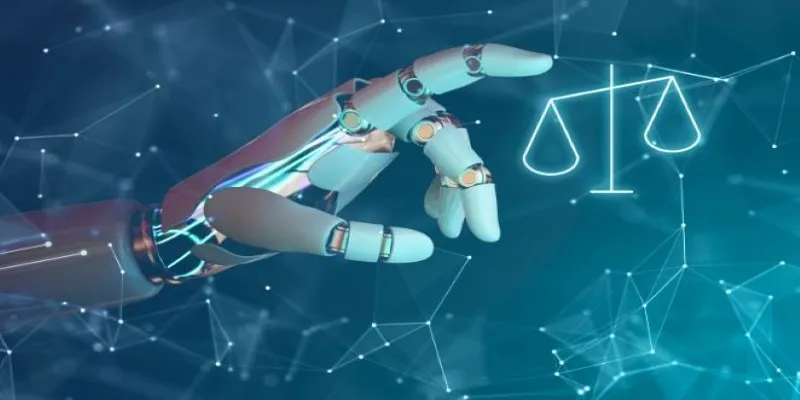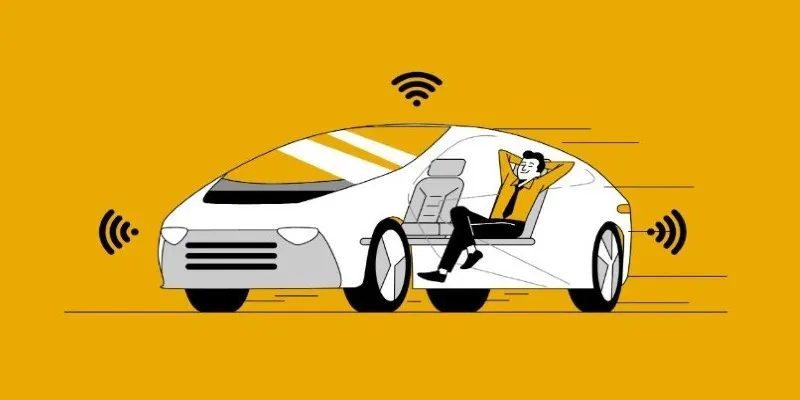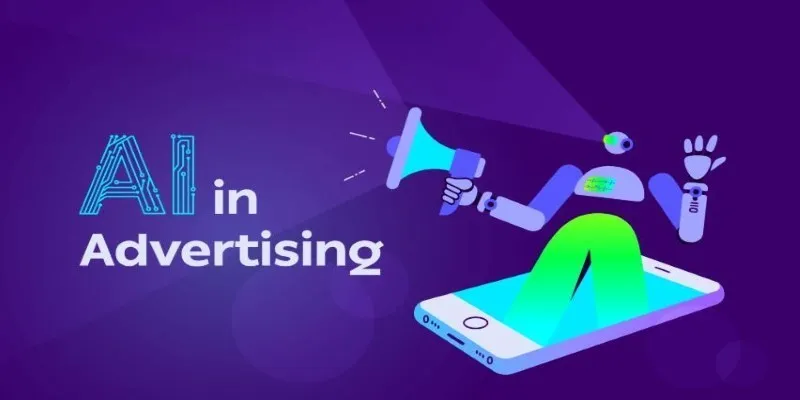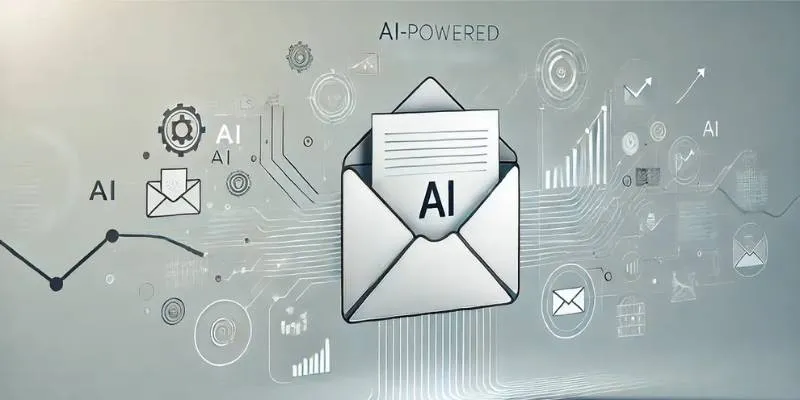AI virtual assistants surpass traditional chatbots in terms of intellectual capabilities. These assistants can understand complex inquiries and build personal relationships by extracting valuable information from conversations. Unlike chatbots, AI virtual assistants learn user needs automatically through intelligent problem-solving. They excel in task management, generating accurate responses, and delivering human-like assistance effectively.
What Makes AI Virtual Assistants Different From Chatbots?
At first glance, AI virtual assistants and chatbots may seem similar as both interact through text and voice. However, their operational functionalities differ significantly. Here are the key characteristics that set AI virtual assistants apart:
1. Contextual Understanding

Chatbots rely on pre-defined scripts to handle specific commands. They can address simple queries like “What are your hours of operation?” or “What’s the weather today?” but struggle with complex questions. In contrast, AI virtual assistants utilize advanced natural language processing (NLP) and machine learning to understand context, tone, and language nuances. For example, if asked, “Should I bring an umbrella?” an AI virtual assistant can combine weather data and context to respond: “Yes, it’s expected to rain this afternoon in your location.”
2. Multi-Tasking Capabilities
Chatbots follow linear conversations, requiring a single follow-up query for each response. If the conversation flow is interrupted, they often fail to adapt. AI virtual assistants, however, handle multi-turn conversations and perform multiple tasks simultaneously. They can set up meetings, respond to emails, and check co-worker schedules—all within one interaction.
3. Machine Learning and Continuous Improvement
Traditional chatbots operate on rule-based algorithms, remaining static unless manually updated. AI virtual assistants, however, leverage machine learning to improve continually. They learn from user interactions, adapt to changing preferences, and refine their responses over time. This ongoing evolution ensures accuracy, efficiency, and relevance, eliminating the need for constant script updates.
4. Deep Integration With Systems
Chatbots typically integrate with a single platform or database, while AI virtual assistants work seamlessly across multiple systems. They integrate with CRM tools, cloud storage, internal databases, and platforms like Slack or Microsoft Teams. This deep integration allows AI virtual assistants to access relevant data, make real-time decisions, and act as a hub for enterprise solutions.
5. Human-Like Conversations
Chatbots are limited to scripted replies, which may seem robotic or awkward with unexpected queries. AI virtual assistants, however, offer human-like conversations with personalized greetings and natural dialogue flow. Using NLP and sentiment analysis, they interpret the emotional undertone of messages, responding with empathy or escalating issues to a human when necessary.
Applications of AI Virtual Assistants
AI virtual assistants are versatile and valuable across various industries. Here are some examples of how they deliver smarter solutions:
1. Customer Service
AI virtual assistants revolutionize customer support by offering 24/7 availability and personalized experiences. They resolve complex queries, assist with troubleshooting, and recommend products based on past interactions, reducing the burden on human agents and improving service quality.
Example : An e-commerce brand uses an AI virtual assistant to answer order-related questions, track shipments, process returns, and recommend products based on customer preferences.
2. Human Resources
AI virtual assistants streamline HR processes, from onboarding to employee engagement. They handle repetitive tasks like answering policy queries, scheduling interviews, processing leave requests, and conducting feedback surveys.
Example : A multinational company uses an AI virtual assistant to coordinate interview schedules across time zones, saving time and effort for its HR team.
3. Healthcare
AI virtual assistants assist patients in managing their health by answering medical questions, scheduling appointments, sending prescription reminders, and offering mental health support.
Example : A healthcare provider integrates an AI virtual assistant into its patient portal to guide users through insurance coverage, appointments, and lab results.
4. Finance
AI virtual assistants simplify financial management by offering tailored advice, reminders, and fraud alerts. They process complex inquiries, such as analyzing spending habits or offering investment suggestions.
Example : A financial app’s AI virtual assistant helps users create custom budgets, track expenses, and identify savings opportunities.
Why Businesses Are Moving Toward AI Virtual Assistants
Businesses aiming to enhance efficiency, improve customer experience, and stay competitive are increasingly adopting AI virtual assistants. Here’s why:
- Improved Efficiency : AI-powered virtual assistants handle repetitive tasks, freeing employees to focus on strategic priorities, resulting in faster workflows and more efficient operations.
- Better Customer Retention : By delivering personalized, on-demand support, AI virtual assistants enhance user engagement and satisfaction, leading to improved loyalty and retention rates.
- Scalability : Unlike chatbots, AI virtual assistants can handle a high volume of tasks and interactions without compromising quality, ensuring businesses can meet growing demands.
- Cost Savings : AI virtual assistants reduce reliance on human intervention, significantly cutting operational costs. The return on investment is considerable, from answering service queries to automating emails.
Challenges and Limitations

AI virtual assistants face several challenges and limitations:
- Accuracy : Despite advancements in NLP, AI virtual assistants may struggle with complex or non-standard speech patterns, leading to inaccurate responses and user frustration.
- Privacy Concerns : The use of AI virtual assistants raises privacy issues as they collect and store data, posing risks of sensitive information exposure or misuse.
- Impact on Jobs : The rise of AI virtual assistants raises concerns about potential job displacement. While they increase efficiency, they could lead to job losses in certain industries.
Future of AI Virtual Assistants in Customer Service
The future of AI virtual assistants in customer service is promising. With ongoing technology and NLP advancements, they will continue to improve, offering more personalized and accurate customer interactions. AI virtual assistants are expected to integrate into various customer service aspects, including phone support, chatbots, and social media messaging, providing round-the-clock support without relying on human agents.
Conclusion
AI virtual assistants are transforming business-customer interactions. With their ability to process large volumes of data and respond conversationally, they offer a more efficient and effective customer service approach. As technology advances, expect even more sophisticated AI virtual assistants across various industries, becoming integral to daily life.
 zfn9
zfn9






















